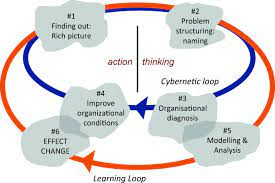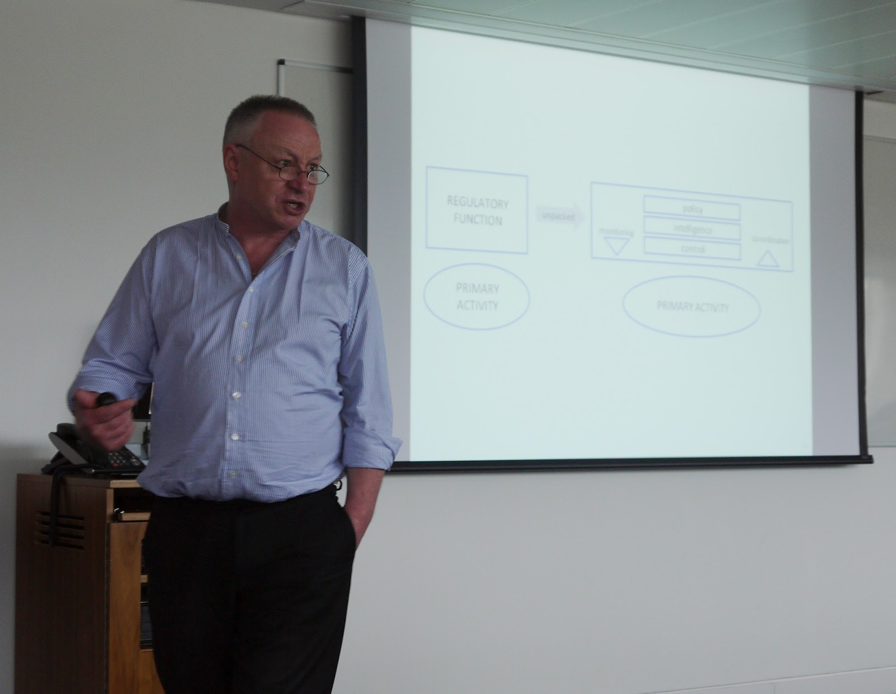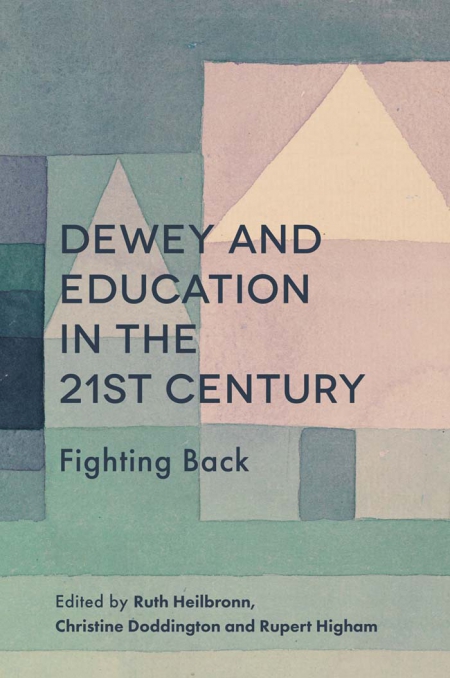LEVERAGING TECHNOLOGY FOR SUSTAINABLE DEVELOPMENT
LinkedIn
December 04, 2023
Planet Earth is in trouble. It suffers from the degradation of its biosphere, which includes climate change, pollution, deforestation, species extinction and resource depletion. To add are the societal issues that include geopolitics, inequality, migration, water and food security as well as justice.
Concerns about this have led to the emergence of concepts, principles and practices about how to protect planet Earth, manifesting in the 19th century Environmentalism movement (e.g. John Muir, Patrick Geddes) which has morphed into Corporate Social Responsibility, Sustainability, the Sustainable Development Goals (SDGs) and the Circular Economy.
The emphasis of these is upon us as individuals, our values, attitudes and actions and how this translates into the way we organise (e.g. institutions, companies and social enterprises) and the emergent cultures that shape the way things are done.
One aspect of this that offers both promise and threat to sustainable development, is the capability enhancing affordances of technology, especially emerging technology. However, given the variety of issues that technology can address and the variety of technologies available, then the challenge is to make sense of this in such a way that the opportunities afforded by technologies can be recognised and appreciated.
See publication
Tags: Digital Transformation, Emerging Technology, Sustainability
The Multiple Dimensions Of EDI In The Workplace
WEBEX AHEAD
December 06, 2022
We still do not live in an Age where Equality, Diversity and Inclusion (EDI) is by default. Instead, bias and discrimination are part of the everyday. Moreover, inequality in income and wealth, which transfers into inequality in opportunity, is rising according to the 2019 UN Global Sustainable Development Report...
See publication
Tags: Digital Transformation, Diversity and Inclusion, Future of Work
Do We Need To Think About Digital Technology In A New Way?
Webex Ahead Thought Leadership [CISCO]
November 22, 2022
See publication
Tags: Digital Transformation, Emerging Technology, Sustainability
My kingdom for digital data
LinkedIn
October 28, 2022
he new mantra is that organisations need to be ‘data driven’. But what does this mean?
A starting point is to establish what we mean by data. The Oxford English Dictionary defines data as items of information. In other words, data informs. But what is it that informs? ....
See publication
Tags: Digital Transformation, Emerging Technology, Sustainability
In Tech We Trust
LinkedIn
July 25, 2022
Technology is NOT neutral. But what does this imply? Should we trust technology, especially emerging technologies? Should we expect that everyone benefits from technology ‘by default’? In this article I explore some general issues about our relationship with technology
See publication
Tags: Digital Transformation, Diversity and Inclusion, Emerging Technology
Envisioning the future of work
WEBEX by CISCO
April 08, 2022
See publication
Tags: Digital Transformation, Emerging Technology, Future of Work
The Three Pillars of Autonomous Weapon Systems. Steven Umbrella (2022). Designed for Death: Controlling Killer Robots. Budapest: Trivent Publishing
Journal of Responsible Technology
July 01, 2023
Book Review
See publication
Tags: Autonomous Vehicles, Digital Disruption, Emerging Technology
 Introducing the VIPLAN Methodology (with VSM) for handling messy situations – nine lessons.
Introducing the VIPLAN Methodology (with VSM) for handling messy situations – nine lessons.
Systemic Practice and Action Research.
February 26, 2023
See publication
Tags: Digital Transformation, Change Management, Business Strategy
Conceptualising technology, its development and future: The six genres of technology
Technological Forecasting and Social Change
October 01, 2020
One approach to developing futuristic views of technology is to draw upon experience and expertise. However, this becomes increasingly speculative as one moves to more distant timelines and visionary technological forms. This raises the question of whether it is possible to rationally predict how a technology development trajectory might unfold into the future, perhaps to some ‘ultimate form’, that is accessible, surfaces the necessary technological features for development as well as considers the implications for human–artefact relationships.
The proposed approach is conceptually grounded in a parsimonious framework that examines different configurations of human–artefact relationships, revealing ‘Six Genres of Technology’. This suggests how the shift from human-human to artefact-artefact and the increasing autonomy of the artefacts (technological beings), introduces specific features to each of the six Genres. Four features are identified in the later Genres that in combination, could be construed as, or indeed pose a threat: autonomy, intelligence, language, and autopoiesis.
This paper advances the debate about future technological developments by using the proposed framework to structure an argument about the key issues that should be discussed today - so that the developments of tomorrow can be more reflectively considered, appropriately debated and knowingly pursued.
See publication
Tags: Digital Disruption, Digital Transformation, Emerging Technology


 The Domestication of ICTs - the case of the online practices of Scottish serviced accommodation providers
The Domestication of ICTs - the case of the online practices of Scottish serviced accommodation providers
 The emergence of makerspaces, hackerspaces and fab labs: Dewey’s democratic communities of the 21st Century?
The emergence of makerspaces, hackerspaces and fab labs: Dewey’s democratic communities of the 21st Century?
 Introducing the VIPLAN Methodology (with VSM) for handling messy situations – nine lessons.
Introducing the VIPLAN Methodology (with VSM) for handling messy situations – nine lessons.